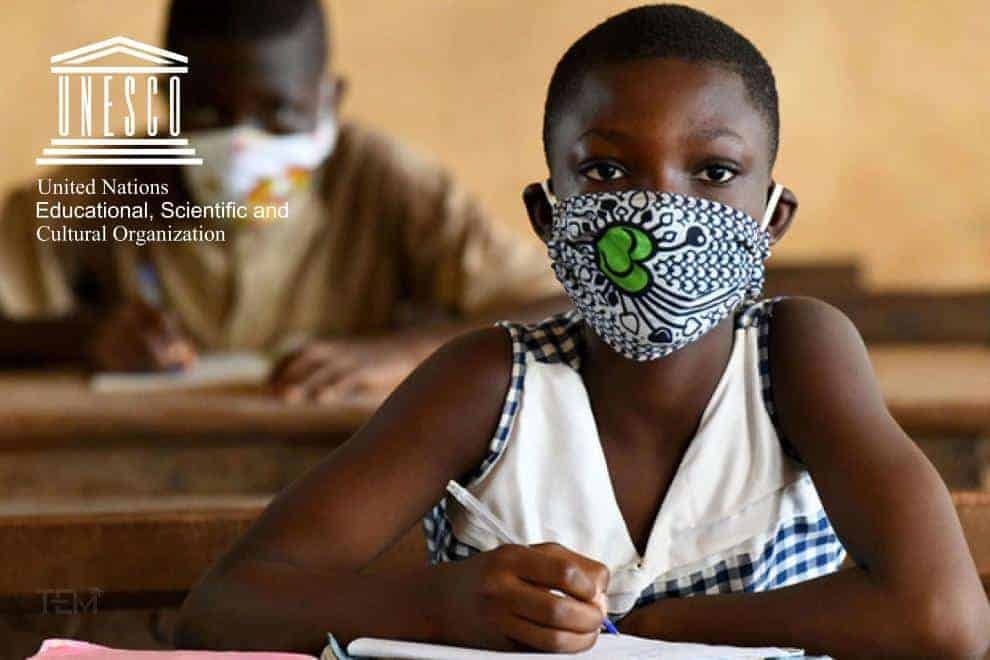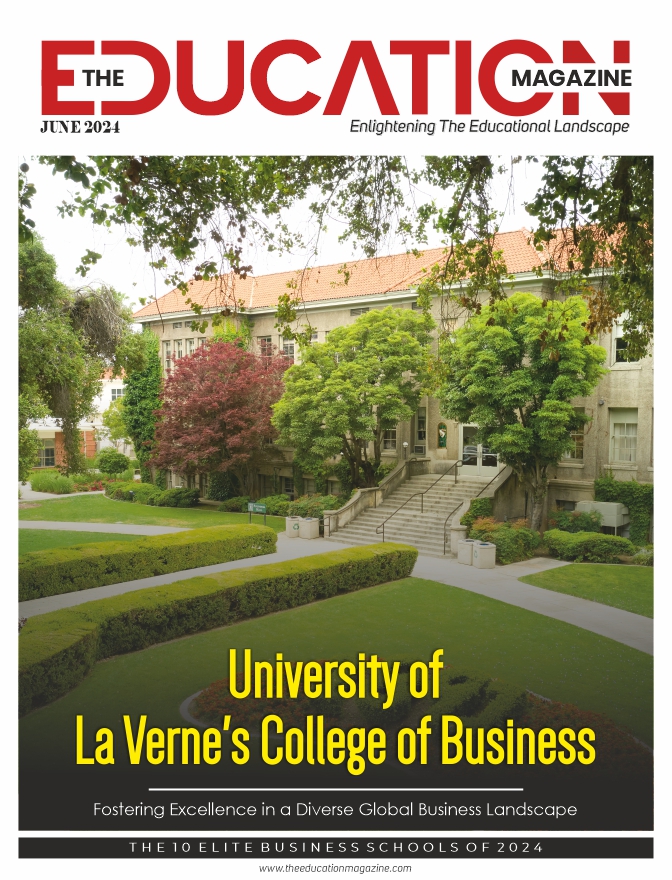#LearningNeverStops campaign to develop flexible education systems
Around 1 billion students and youth across the planet are affected by school and university closures due to the COVID-19 pandemic. While back-to-school enthusiasm keeps getting louder, underprivileged children lack with necessary resources, have already lost some sort of learning continuity.
UNESCO highlighted persisting inequalities associated with distance learning that particularly impact vulnerable populations.
“The educational crisis remains severe,” said Audrey Azoulay, Director-General of UNESCO.
Classes for more than 450 million students starting the new academic year are expected to be entirely remote – or for some, a mix of distance and in-person learning – the UN education and cultural organization (UNESCO) has said.
According to UNESCO, this year, 900 million pre-primary to secondary students, are set to return to school between August and October. However, fewer than half – about 433 million in 155 countries – can actually return to classrooms at this stage. Also, 128 million students are in the middle of their academic year, totaling 561 million students, or one-in-three pupils globally will attend classes.
That leaves almost a billion students – two-thirds of the global student population – will face either school closures or uncertainty surrounding their classes.
Girls at a higher risk
Students around the world have lost an average of 60 days of schooling since lockdowns began in February and March. The longer they remain cut off from education, the greater the risks of their fundamental rights being violated.
In particular, more than 111 million girls are in the least developed countries, where accessing education is already difficult.
Situations such as school closures, uncertainty over classes, inability to access remote learning or other challenges raise the risk of dropouts, decreased quality of learning, and negative social and economic impacts are high.
#LearningNeverStops
Against this backdrop, through the Global Education Coalition, UNESCO has launched the #LearningNeverStops campaign to facilitate inclusive learning opportunities for children and youth during this period of sudden and unprecedented educational disruption.
The campaign also aims to ensure the continued learning of girls during school closures, and their safe return when schools reopen, in light of the many obstacles they face outside education, including adolescent pregnancy, early and forced marriage, and violence.
“When a girl’s education is cut short, the impact on communities lasts for generations. Let’s make sure #LearningNeverStops for every girl throughout the #COVID19 crisis… Take action now”, UNESCO tweeted.










